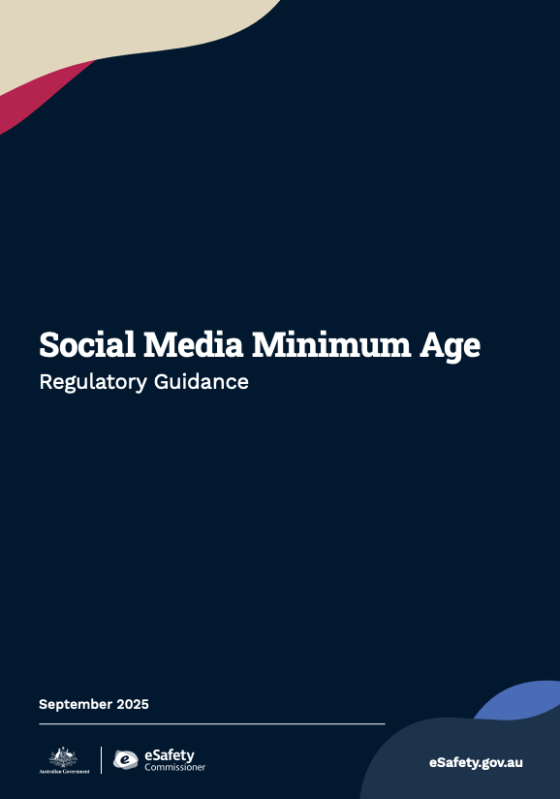The government has outsourced the social media age problem to the platforms


Welcome to a Tuesday update written for Unmade’s paying members. Everyone else will hit a paywall further down.
Today: We now know the rules on social media age gates. All of the onus will be on the platforms to figure it out.
It’s your last chance to sign up to a paid membership of Unmade and lock in all of the current benefits. In a few weeks’ time, we’re going to stop accepting new paying members of Unmade. Instead we’ll be offering membership of an expanded Mumbrella Pro as we bring the two brands closer together.
All Unmade membership perks will be carried across, including complimentary tickets to REmade, Unlock and Compass for our annual paying members. These won’t be available to anyone else as part of the new Mumbrella Pro membership.


